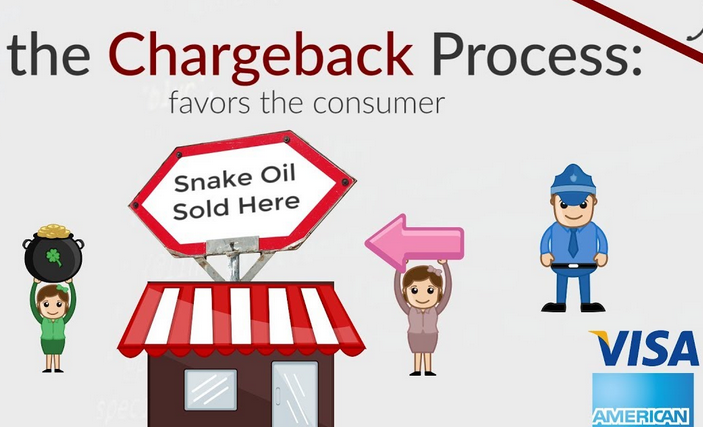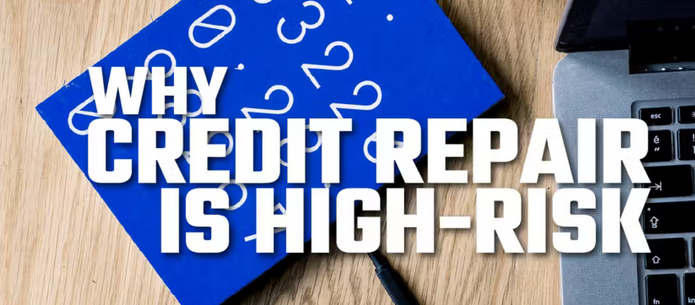In the realm of financial transactions, chargebacks can have a significant impact on businesses, especially those operating in the digital landscape. As a merchant, it is crucial to understand what chargebacks are, how they work, and the implications they have on your business.
In this detailed blog post, we will explore the concept of chargebacks, their mechanics, the different types, and address frequently asked questions. By the end, you will have a comprehensive understanding of chargebacks and the necessary knowledge to protect your business from their negative consequences.
What is a chargeback?
A chargeback is a dispute process initiated by a customer who wishes to reverse a credit card transaction. It allows consumers to request a refund from their issuing bank or financial institution when they believe a transaction was unauthorized, fraudulent, or unsatisfactory.
How do chargebacks work?
The chargeback process typically involves the following steps:
- Customer Dispute: The customer contacts their issuing bank and claims that a transaction on their credit card statement is unauthorized, fraudulent, or the result of unsatisfactory goods or services.
- Bank Investigation: The issuing bank initiates an investigation into the disputed transaction by reviewing the customer’s claim and any supporting evidence they provide.
- Provisional Credit: During the investigation, the issuing bank may issue a provisional credit to the customer, effectively refunding the disputed amount. This credit is subject to the bank’s findings during the investigation.
- Merchant’s Response: The merchant is notified of the chargeback and given an opportunity to respond. The merchant can provide evidence, such as transaction records, proof of delivery, or communication with the customer, to support their case.
- Arbitration: If the dispute cannot be resolved between the issuing bank and the merchant, it may proceed to arbitration, involving the card network (e.g., Visa, Mastercard) as a mediator to reach a resolution.
- Final Decision: The issuing bank makes a final decision based on the evidence provided by both the customer and the merchant. The outcome determines whether the provisional credit becomes permanent or is reversed.
What do chargebacks mean for merchants?
Chargebacks can have several implications for merchants, including:
- Financial Loss: Merchants are liable for the disputed amount and may incur additional chargeback fees imposed by the payment processor or acquiring bank.
- Damaged Reputation: Excessive chargebacks can harm a merchant’s reputation, leading to increased scrutiny, restrictions, or even the termination of their merchant account.
- Operational Costs: The chargeback process requires time, resources, and administrative efforts from the merchant’s side, diverting focus away from core business operations.
What are the different types of chargebacks?
Chargebacks can be categorized into different types based on the underlying reason for the dispute. Here are three common types:
Friendly Fraud
Friendly fraud occurs when a customer intentionally or unintentionally disputes a legitimate transaction. This can happen due to buyer’s remorse, forgetfulness, or a misunderstanding of the transaction details.
Merchant Error
Merchant error chargebacks arise from mistakes made by the merchant, such as incorrect billing, duplicate charges, or failure to deliver the promised goods or services.
True Fraud
True fraud chargebacks occur when a transaction is genuinely unauthorized or fraudulent, often resulting from stolen credit card information or identity theft. These chargebacks pose a significant risk to merchants.
Conclusion
Chargebacks can significantly impact businesses, affecting their financial stability and reputation. By understanding what chargebacks are, how they work, and the different types, merchants can take proactive measures to prevent and manage them effectively.
It is crucial to establish clear communication with customers, maintain accurate transaction records, and implement robust fraud prevention measures to minimize the occurrence of chargebacks. Furthermore, staying informed about chargeback regulations and best practices can empower merchants to protect their business and maintain a positive customer experience. For free consultancy on chargebacks and mitigation please reach out to the getpayment team!
FAQs about chargebacks
Let’s address some frequently asked questions about chargebacks:
How can merchants prevent chargebacks?
Merchants can prevent chargebacks by providing clear product descriptions, excellent customer service, and prompt order fulfillment. Utilizing fraud detection tools, implementing secure payment systems, and maintaining open lines of communication with customers can also help reduce the risk of chargebacks.
Can a merchant dispute a chargeback?
Yes, merchants can dispute a chargeback by providing compelling evidence to support their case. This evidence may include proof of delivery, customer communication records, transaction details, or any other relevant documentation that refutes the customer’s claim.
What is the time frame for initiating a chargeback?
The time frame for initiating a chargeback varies depending on the payment card network and the reason for the chargeback. Generally, customers have a limited window of time, typically ranging from 60 to 120 days, to initiate a chargeback from the transaction date.
How can merchants minimize the impact of chargebacks on their business?
Merchants can minimize the impact of chargebacks by addressing customer concerns promptly, offering refunds or replacements when appropriate, ensuring transparent billing practices, and maintaining accurate records of transactions and customer interactions. Implementing effective fraud prevention measures can also help reduce chargeback risks.
What happens when you claim a chargeback?
When a customer claims a chargeback, the disputed amount is temporarily removed from the merchant’s account and returned to the customer. The merchant is typically notified of the chargeback and given an opportunity to respond with evidence to support their case.
What evidence do I need for a chargeback?
To support a chargeback dispute, merchants may need to provide evidence such as order details, invoices, shipping information, proof of delivery, communication records, or any other documentation that can validate the legitimacy of the transaction and challenge the customer’s claim.
Who loses money in a chargeback?
In a chargeback scenario, the merchant often loses the disputed funds and may be subject to additional chargeback fees. If the chargeback is successful, the merchant may also experience financial losses due to product or service refunds, shipping costs, and potential damage to their reputation.




